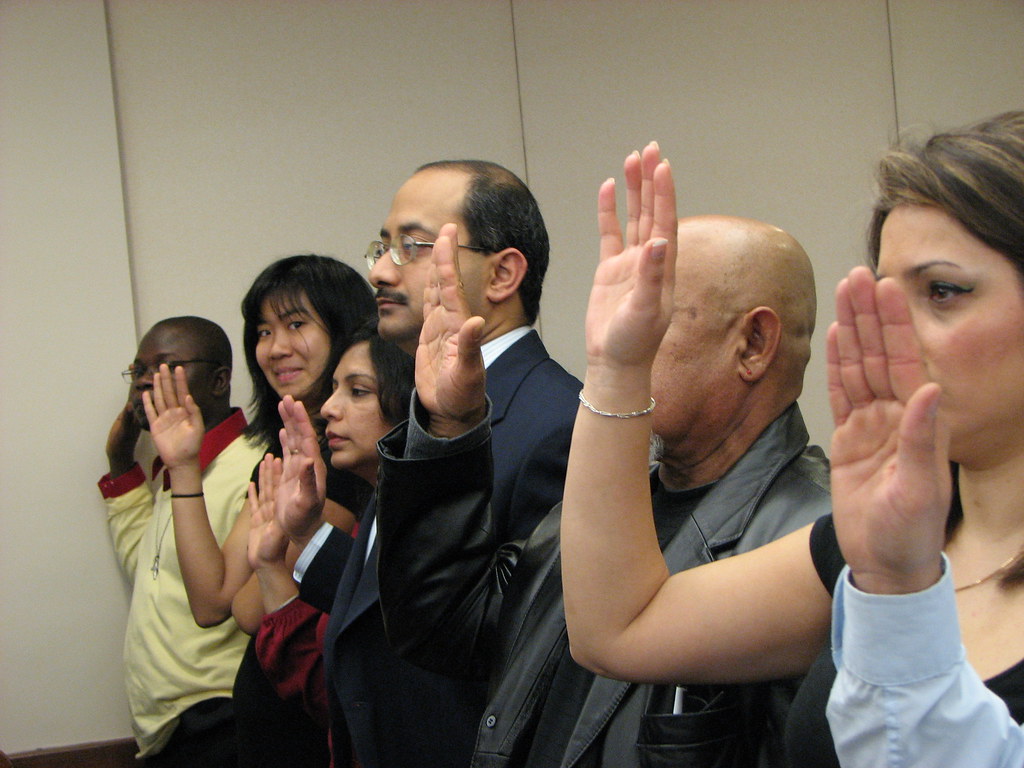Blog
“Swearing Oaths”
Categories: Bulletin Articles, M. W. Bassford
At first glance, Matthew 5:34 appears to be a simple passage to interpret. Jesus says, “Don’t take an oath at all,” so Christians should. . . take no oath at all. Like the Quakers, when we are asked to swear to tell the truth in a court case, we should affirm instead.
However, this facial interpretation fails to take into account everything else we know about oath-swearing in Jewish society at the time of the New Testament. Jesus Himself gives us more insight into the matter in Matthew 23:16-22.
This passage says a great deal about the hearts of the Jews and their purposes in swearing different kinds of oaths. It invites us to consider the thought process of a “religious” Jew who has a deceitful heart. He wants to be able to lie when it’s advantageous to him, but he also wants others to accept his word sometimes.
As a result, he comes up with the idea of confirming his word with an oath when he wants to be believed. “I’ll swear by the holy temple of God! That’s what I’ll do!” However, this deceitful Jew discovers that he has a problem. Nobody believes him unless he swears an oath, and if he swears an oath, he doesn’t feel free to lie.
He still wants to be able to trick people sometimes, so he comes up with a hierarchy of non-binding and binding oaths. Now, he can swear by the temple and feel free to lie his head off, but if he wants people to believe him, he will swear by the gold in the temple. He can use the impressive-sounding but meaningless oath to deceive outsiders while still being able to show insiders his good faith.
Apparently, temple/gold wasn’t the only non-binding/binding pair. Crafty Jews would also use altar/gift and heaven/God’s throne, depending on whether they wanted to deceive or to be believed.
Jesus points out, though, that the whole enterprise is morally bankrupt. Regardless of whether they thought their oath by a holy thing was binding, they still were swearing by a holy thing. Failing to keep any such oath brought dishonor on the One who made the holy things holy in the first place.
It is this corrupt hierarchy of oaths that Jesus is condemning in Matthew 5. It’s the idea that sometimes, God’s people should feel bound to tell the truth, but at other times, they can feel free to lie. If that’s what you’re using oaths for, Jesus says, you need to quit swearing them.
Today, Christians must tell the truth at all times and in all circumstances. As a result, the whole question of oath/not-oath is meaningless to us, like circumcision/not-circumcision is meaningless to us (as per Paul’s point in Galatians 5:6). Oath-swearing and circumcision simply don’t have the same significance in our cultural context as they did 2000 years ago.
Certainly, we should examine our hearts if we find ourselves feeling the need to swear oaths on our own. I’m reminded here of a childhood acquaintance who was a notorious liar and so went around exclaiming, “I swear to God!” all the time. If we have to swear an oath before others will believe us, we’ve got a serious spiritual problem.
However, the Christian who is summoned to court need not feel a pang of conscience when they are asked to swear an oath (though if they do and ask to affirm instead, that’s acceptable too). I’m going to tell the truth if asked to swear, and I’m going to tell the truth if not asked to swear. It makes no difference to me. The truth is what matters, and only when we speak truly is God glorified.





